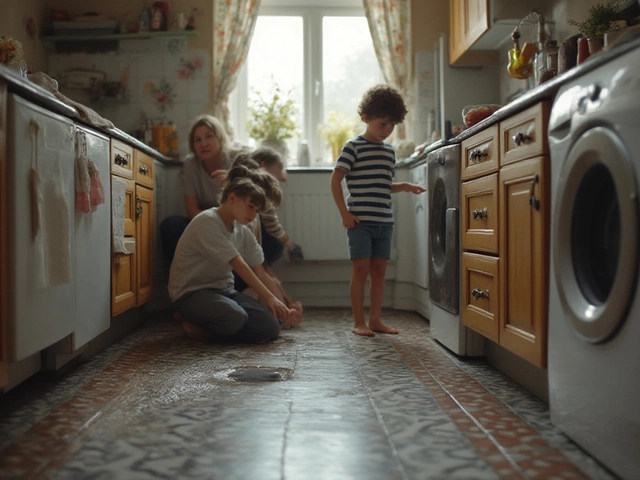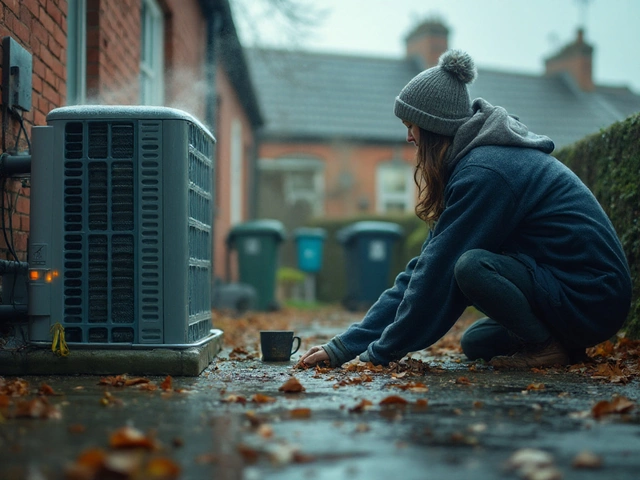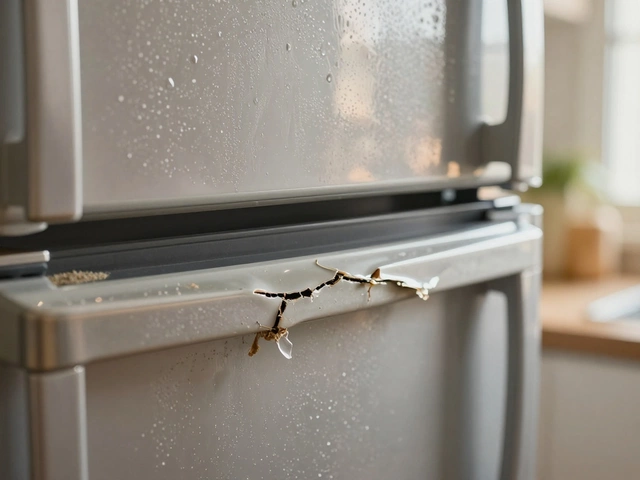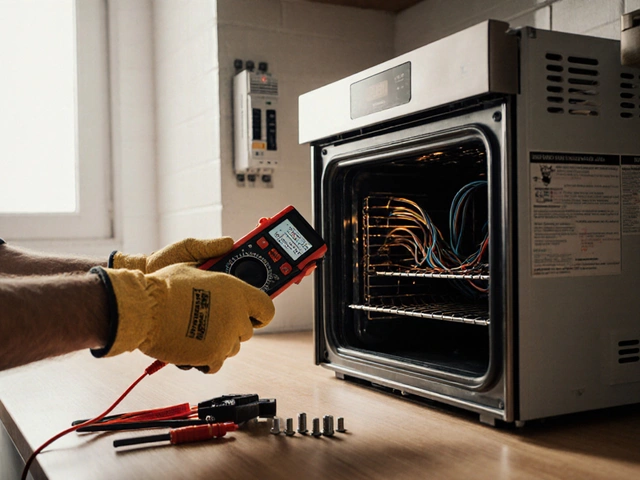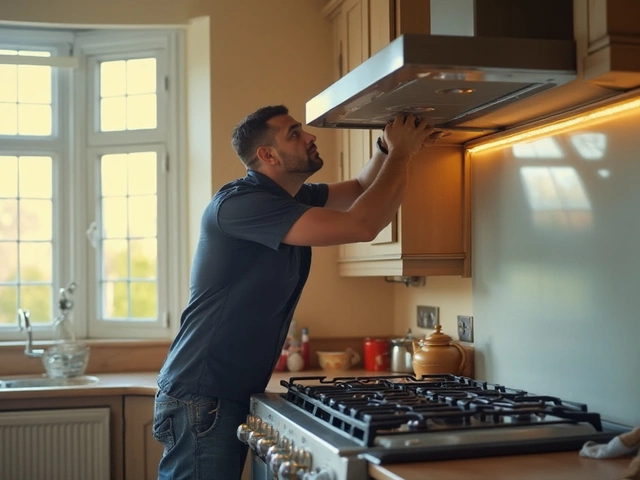Identify Problems: How to Spot Appliance Issues Before They Get Worse
When your fridge hums oddly or the dishwasher starts leaking, it’s easy to ignore the warning signs. A quick check can save you money, time, and a lot of hassle. Below are plain‑language steps you can follow for the most common appliances around the house.
Listen, Look, and Feel – The Three‑Step Check
Listen. Turn the appliance on and pay attention to any strange noises – rattling, buzzing, or squeaking. These sounds often point to loose parts, a failing motor, or a blocked fan.
Look. Open doors, panels, or drawers and glance for visible damage: cracked glass, leaking water, or burnt marks. A build‑up of grime on a heating element or a corroded connection is an obvious red flag.
Feel. Gently touch surfaces that get hot or cold. If a freezer feels warm or a washing machine vibrates excessively, the internal components might be wearing out.
Common Trouble Spots and What They Mean
Fridge not cooling. Check the door seals first. If they’re worn, cold air escapes and the compressor works harder. Next, make sure the condenser coils are clean; dust reduces efficiency.
Oven won’t heat. A broken heating element is the usual culprit. Look for visible cracks or a broken glow‑rod. If the element looks fine, the thermostat could be faulty.
Washing machine won’t spin. Often it’s a belt that’s slipped or broken. Open the back panel, locate the rubber belt, and see if it’s intact. If the belt is good, the lid switch might be preventing the spin cycle.
Dishwasher leaves water at the bottom. A clogged filter or blocked drain hose is the typical cause. Remove the filter, clean any food debris, and run a short wash to see if water drains properly.
Heat pump blowing cold air. Ensure the outdoor unit isn’t obstructed by leaves or snow. A frozen coil can also cause this; turning the system off for a short defrost can help.
These quick looks give you a solid idea of whether the problem is something you can tackle yourself or if it’s time to call a professional.
When to Call the Experts
If you notice any of the following, pick up the phone:
- Electrical smells or sparks – any sign of a short circuit is a safety risk.
- Continuous water leaks that don’t stop after cleaning filters.
- Repeated breakdowns after you’ve tried a fix – the issue likely runs deeper.
- Appliances older than 10‑12 years that keep failing – replacement may be cheaper in the long run.
Our team at Rugby Appliance Repair Services can diagnose the issue fast and give you a clear cost estimate. We cover everything from fridges and ovens to boilers and heat pumps, so you won’t need to hunt for another specialist.By using the simple listen‑look‑feel routine and checking the common trouble spots listed above, you’ll catch most problems early. Early detection avoids costly repairs and keeps your home running smoothly.
Got a stubborn appliance that still won’t cooperate? Give us a call – we’ll come out, identify the problem, and fix it right the first time.
